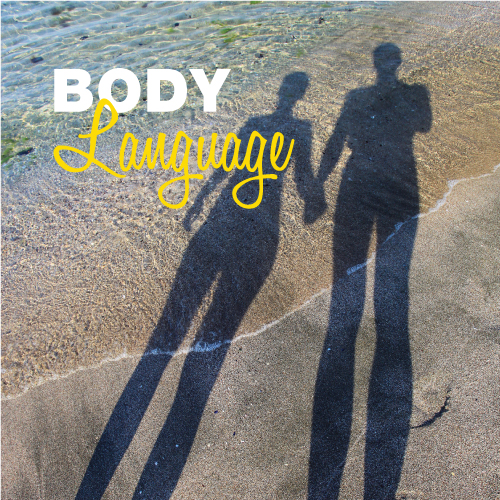The Nature of Love

Most of us think of love as that feeling of affection and attachment we experience for another person.
But is love just a feeling? Or is there more to it? In this article, we explore how SmartLoving understands the Nature of Love.
The Experience of Love
Every person experiences love in a unique way. Some gestures of love will more powerfully communicate love to you than others.
For example, some people feel close and connected when they can physically touch the other person. Others demonstrate love through words of affirmation or affection, acts of service or thoughtfulness, or by spending time in intimate conversation. Still others feel deeply loved and connected through eye contact or other body language.
Love – a choice, a gift of self
In our culture, ‘love’ is generally seen to be a feeling. We ‘fall’ into love and we ‘fall’ out of it; love is something that just happens to us – we can’t help falling in and out of love. It’s a feeling over which we have no control… so the culture tells us.
But there is another view and a better definition. St Thomas Aquinas defined love as “seeking the good of the other”. In his philosophy, feelings and emotions were secondary to the will when it came to love.
In fact, love is a choice. True love is a conscious, deliberate choice to make a gift of ourself to another.
This ‘gift of self’ is made through the body. We are embodied souls, so our ‘gift of self’ will be expressed and lived out through bodily acts.
This may take the form of a generous act of service, the patient listening to another, or even the total ‘gift of self’ enacted in sexual intercourse between husband and wife.
This ‘gift of self’ may be unilateral or mutual. A parent-child relationship is most often a one-sided ‘gift of self’. It is a benevolent love in which the parent has no expectation of having his or her personal needs met by the child.
In a mutual ‘gift of self’, the love is reciprocated. This is the ideal of the husband and wife relationship, where both make a sincere ‘gift of self’ to each other, and both sincerely seek the good of the other and to meet their needs for appreciation, affection, companionship, respect and intimacy.
Qualities of Marital Love
But what does this ‘gift of self’ look like in marriage? In Catholic teaching, it has several important characteristics:
- Freely given – that is to say there is no coercion, reservation or inhibition; both spouses freely choose to give themselves to each other.
- Total and complete, holding nothing back – in other words, both husband and wife share all that they have and are with each other, including their bodies in sexual intimacy, their material assets, their time and attention, for the duration of their life together.
- Faithful – that is to say, the sexual intimacy of the couple is exclusive to them, and that each spouse remains committed to the promises made on their wedding day, ‘until death do us part’.
- Fruitful – in other words, their love gives life through their fertility in the procreation and raising of children, and in their service to the wider community.
These qualities of married love are evident in the Catholic wedding vows and form the basis of Catholic marriage.
They also speak to the nature of Christ’s love for his ‘bride’, the people of God. Christ freely gives his love and his life – totally, faithfully and fruitfully – to us.
And that’s one of the reasons why Matrimony is a Sacrament: it images and proclaims the God’s through the love of the couple.




